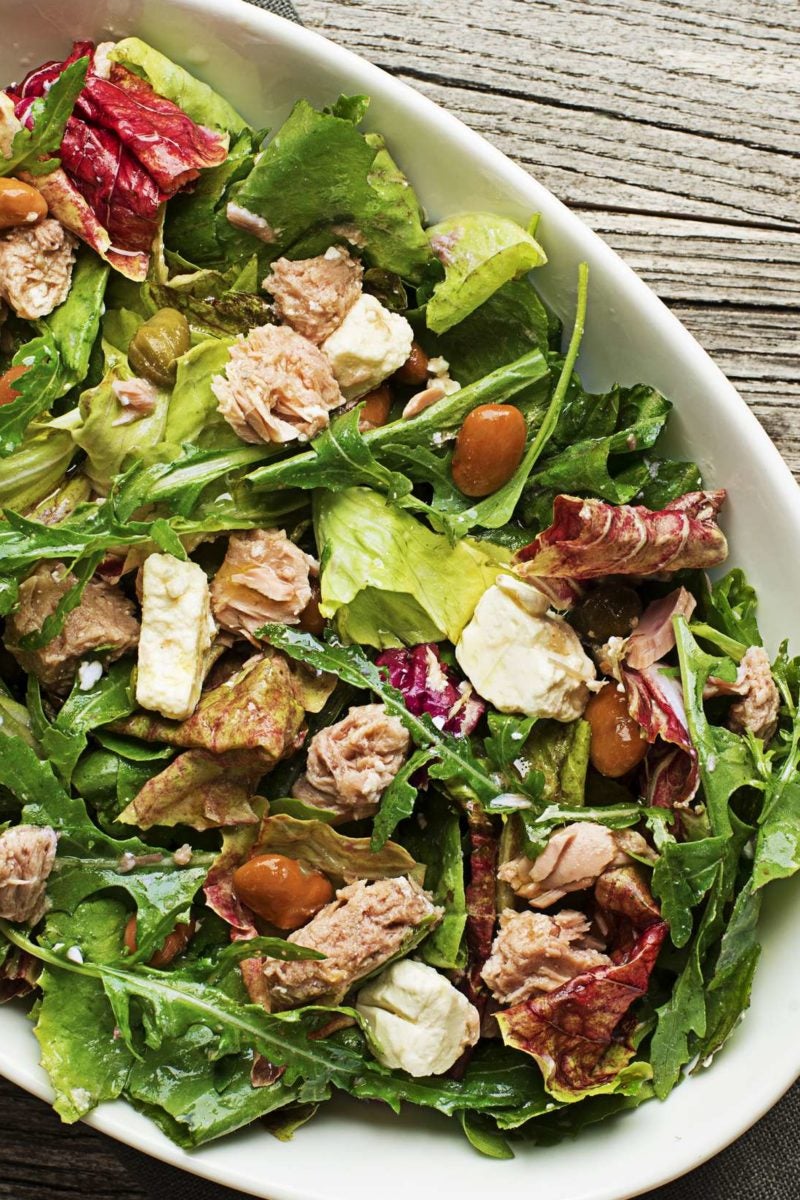Medically reviewed by Natalie Olsen, R.D., L.D., ACSM EP-C
Written by Lana Burgess
February 11, 2019
The paleo diet is an eating plan that mimics how prehistoric humans may have eaten. It involves eating whole foods that people could theoretically hunt or gather.
Advocates of the paleo diet reject modern diets that are full of processed foods. They believe that returning to how hunter-gatherers ate may cause fewer health problems.
The paleo diet is not safe for everyone. Doctors do not know its effects on children, pregnant women, or older adults. People with chronic conditions, such as inflammatory bowel disease, should also speak to a doctor before trying a paleo diet.
This article explores paleo principles and provides a 7-day paleo diet meal plan to follow. Read on to learn how to eat like our ancestors.
What is a paleo diet?
The focus of the paleo diet is on eating foods that might have been available in the Paleolithic era. The paleo diet is also known as the stone age diet, hunter-gatherer diet, or caveman diet.
Before modern agriculture developed around 10,000 years ago, people typically ate foods that they could hunt or gather, such as fish, lean meats, fruits, vegetables, nuts, and seeds.
The development of modern farming changed how people ate. Dairy products, legumes, and grains became part of people’s diets.
Proponents of the paleo diet believe that the human body has not evolved to process dairy, legumes, and grains and that eating these foods could increase the risk of certain health conditions, such as heart disease, obesity, and diabetes.
Foods that a person can eat on the paleo diet include:
- vegetables
- fruit
- nuts
- seeds
- lean meat
- fish
- eggs
- herbs
- spices
- oils that come from fruit or nuts, such as olive oil, coconut oil, and almond oil
People following a paleo diet tend to choose grass-fed, organic meats because these are the least processed.
Foods to avoid on the paleo diet include:
- grains, including wheat, oats, and barley
- legumes, such as beans, lentils, peas, and peanuts
- dairy
- trans fats (hydrogenated oils)
- refined sugars
- artificial sweeteners
- low-fat or diet products
- salt
People following the paleo diet should drink lots of water. Some people on this diet also drink black coffee or green tea, but they avoid all soft drinks and juices with added sugar.
Getting regular exercise is another vital part of the paleo lifestyle.











